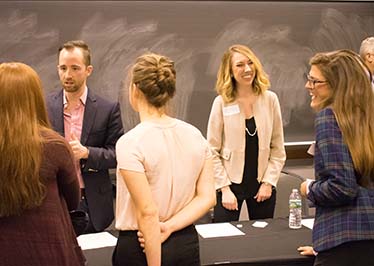Accounting/Finance Majors: CPA, CMA, CFP, CFA
If you are or considering becoming an accounting and/or finance major, you have probably heard a lot of acronyms thrown around in reference to different professional certifications (read: exams) that you can acquire. This article is aimed at breaking down some of the confusion and clarifying what each one is. This is the first step in deciding which one(s) may be […]
Read more






